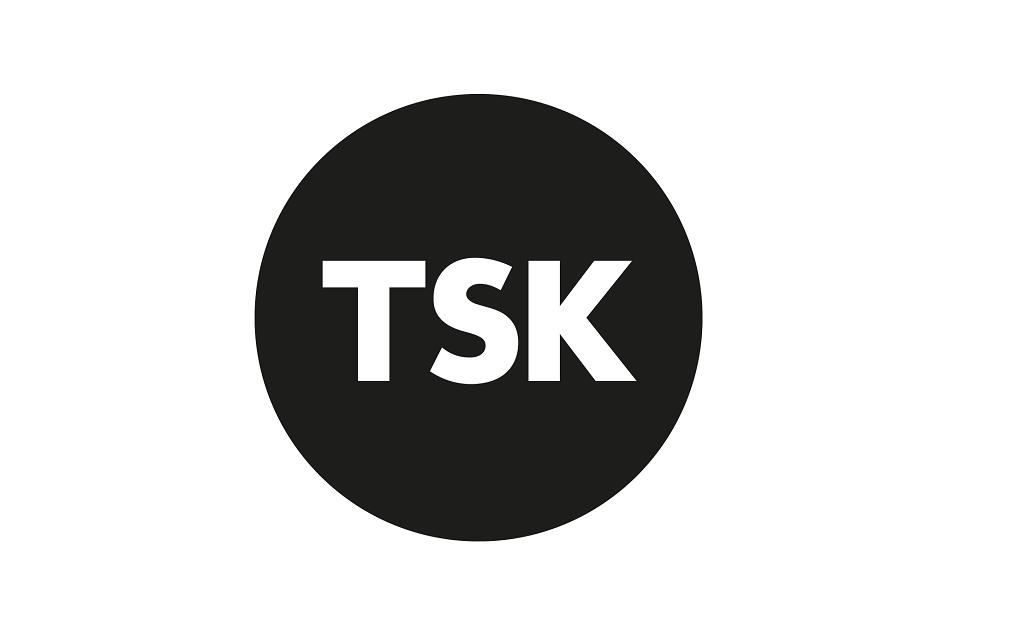Government reveals its hand on business rates appeals reforms
Following on from the “Check, challenge, appeal” business rates appeals reform consultation, the Government has now published its findings and plans to draft regulations with a deadline to get the new system ready to apply to the new 2017 Rating List that comes into force on April 1, 2017.
It already admits there are still issues to be resolved including the role of local authorities, but nevertheless, it has given itself a pretty tough deadline of 7 months to get this through.
The consultation itself saw more than 200 comments sent in to The Department for Communities and Local Government’s (DCLG) and here are the main headlines the Government proposes to proceed with: (apologies for the long article again but you should have seen what I had to start with!)
- A streamlined process will enable verified ratepayers to enter the Challenge stage immediately if they have confirmed, within the last 4 months, that property specific details held by the VOA are correct.
This confirmation will be made via an online account that enables the ratepayer to log on and confirm that facts relevant to their valuation, held by the VOA, are correct. For the vast majority of ratepayers who can confirm the details are current and correct the DCLG expect it will be a faster and simpler process.
If ratepayers disagree with the VOA facts they will be able to follow an alternative Check stage. The VOA will aim to respond fully to the ratepayer’s alternative, in the great majority of cases, within 3 months.
- The Government will initially maintain a statutory right for ratepayers to move directly to Challenge after 12 months even if the facts are not yet agreed with the VOA. This will enable a ratepayer to move forward in cases which cannot be resolved quickly and where an extension to the timescale has not been agreed.
- Performance levels and time limits will be reviewed as the new system beds in, with the aim of improving performance over time where possible.
- Ratepayers considering challenging their rating list entry will be able to view, confirm or amend the property details held by the VOA using the new online account. The most recent confirmation or amendment will be the one taken forward to the Challenge stage.
Ratepayers who enter the Challenge stage will need to provide: grounds for the Challenge; an alternative rating list entry; evidence or other relevant information and a statement that supports the proposed alternative rating list entry.
In practice this will mean that the VOA will need the information that the ratepayer has relied on to make their Challenge. This may be rental details, valuations of similar properties, photographs or other documents that they have access to. Wherever possible, the VOA will seek to amend the rating list entry at this point if the evidence presented shows the rating list entry is incorrect. Here it is vital that ratepayers provide meaningful and complete information to help the VOA reach a view.
If the VOA doesn’t agree the alternative rating list entry proposed, they will provide, as soon as practicable, tailored information and evidence that responds fully to the evidence and alternative rating list entry provided by the ratepayer. This, along with information available at Revaluation 2017, should mean ratepayers have access to much more information, much earlier in the process.
During the Challenge stage, the ratepayer will have opportunity to respond to any information and evidence that is put forward by the VOA.
- The statutory right for ratepayers to move from Challenge to Appeal to the VTE will stay at 18 months. The Government say this is not a time limit or a target for resolving cases, but to offer protection to ratepayers to move to Appeal in the cases where the VOA might not have completed consideration of the issues. The Government and the VOA expects the bulk of cases to be resolved before this point.
Ratepayers may however agree to extend the time for VOA to consider their Challenge beyond the 18 month trigger point.
If an agreement has not been reached between the parties during the Challenge stage, the VOA will issue a decision letter setting out a summary of their decisions on outstanding matters, with the reasons for their decision. This will formally end the Challenge stage and the ratepayer will have 4 months to lodge an appeal against the VOA’s decision should they wish to do so.
In order to provide an incentive for full disclosure by both parties at the Challenge stage the Government will limit the scope for parties to introduce new matters or evidence at Appeal.
- There will be no charges at Check or Challenge stage, but ratepayers will be charged fees at the Appeals stage.
- Where an appeal is successful the full fee will be refunded. A proposed maximum fee will be £300 and aims to increase the incentive for early and full engagement as well as reduced numbers of speculative appeals.
- Penalties of up to £500 may be imposed where false information is “carelessly, recklessly or knowingly provided” during the Check or Challenge stages, with a right of appeal to VTE.
The DCLG says small businesses will benefit from:
- A fast track through the system
- Clear guidance which will help them navigate the system without professional support
- Lower levels of fees for making an appeal, which will be refunded if successful
- Lower levels of civil penalties for provision of false information.
The definition of ‘small businesses’ will be broadly aligned with that in the Companies Act 2006, namely those where two of the following apply – annual income or expenditure of not more than £10.2m, aggregate assets of not more than £5.1m, and not more than 50 employees.
- Finally, in response to proposals from business groups, the VOA will work with stakeholders to design and introduce a pre-Challenge clearance process. This will allow groups of ratepayers in the same location – such as a high street or industrial estate – to provide the VOA with evidence outside the formal Challenge process regarding valuations in their area.
That’s it in a rather large nutshell. I will be watching closely over the coming months to see how the new appeals systems emerges and report back, which means you can go on and have an actual life!
Selected industry experts bring you insight and expert advice, across a range of sectors.
Subscribe for free to receive our fortnightly round-up of property tips and expertise
Selected industry experts bring you insight and expert advice, across a range of sectors.
Subscribe for free to receive our fortnightly round-up of property tips and expertise





